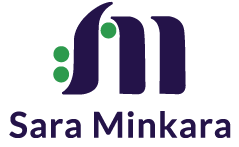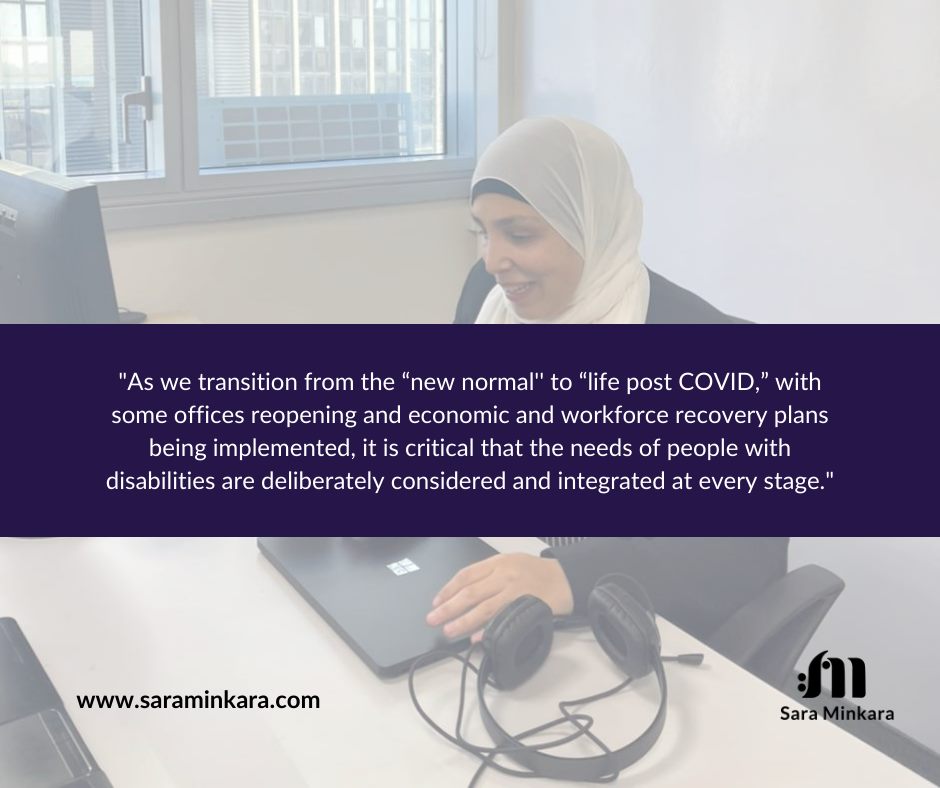Impact of COVID19 on Disability Employment
COVID19 has affected everyone. The impact varies by person and place, but it’s reach is undeniable. Some people have managed not only to survive, but to thrive, while others are suffering. The reality is that COVID has exacerbated many of the inequities already present within our society; in the context of how it specifically impacts labor, covid has disproportionately affected those who have historically contended with significant barriers to employment, including people with disabilities.
The pandemic has made it more difficult for PWDs to retain employment, including but not limited to the increased risk for severe illness that COVID19 poses to us. According to the Office for National Statistics (ONS) in the UK, 21.1 per thousand employees with disabilities have been made inessential, compared to 13.0 per thousand employees without disabilities during this pandemic. According to another study, experts estimate that adults with intellectual developmental disabilities are three times more likely to die of COVID19, if infected. These are serious matters of life, death, and livelihood.
A curious dimension of the COVID19 adjustment has been the proliferation of remote work arrangements. Necessity bred widespread flexibility, which has been bittersweet for many PWDs. For years, PWDs have been under- and unemployed because of a lack of flexible and remote work opportunities. We were flatly told that it was simply not possible to accommodate our needs in this manner, yet somehow, it became possible for a wide-scale transition to remote arrangements to take effect in extremely short order when nondisabled workers also required accommodation; suddenly, the value of remote work and flexibility could be recognized. Yet somehow, PWDs continue to suffer unequal treatment.
According to Telework After COVID: A “Silver Lining” for Workers with Disabilities?, PWDs earn less on average than their peers, with those working from home facing the most significant wage gaps. And PWDs are more likely to be placed in lower-wage remote positions compared to their nondisabled peers. Disability still handicaps our potential and our opportunities, not because we are disabled, but because others can’t see past our disabilities. If this bias can be acknowledged and the disparity addressed, employers will discover that home-based workers with disabilities are a valuable labor pool for re-imagined jobs, and PWDs will have access to more, and more meaningful, professional opportunities.
As we transition from the “new normal” to “life post COVID,” with some offices reopening and economic and workforce recovery plans being implemented, it is critical that the needs of people with disabilities are deliberately considered and integrated at every stage. Not only do we deserve access to work and the independence that brings, but with 20% of all people living with disability, there is a significant source of untapped talent available to strengthen our economic outlook. Inclusion is the right thing to do for so many reasons. With this chance to rebuild, let’s finally take a truly inclusive approach.


